The second installment of the long-awaited Twitter FIles has been released, and this time around the majority pertains to Twitter’s direct hand in censoring right-wing Twitter users throughout the COVID-19 pandemic and during the 2020 Presidental election.
This assisted left-wing hashtags and other forms of propaganda to be put in front of Twitter users’ eyes almost exclusively. Democrats and left-wing political accounts have rarely been banned or had fact-checks placed on their posts. Meanwhile, counter-narrative posts from right-wing Twitter accounts would be frequently banned, suspended, or were fact-checked by a company that typically falls left-wing, such as Snopes.
3. Take, for example, Stanford’s Dr. Jay Bhattacharya (@DrJBhattacharya) who argued that Covid lockdowns would harm children. Twitter secretly placed him on a “Trends Blacklist,” which prevented his tweets from trending. pic.twitter.com/qTW22Zh691
— Bari Weiss (@bariweiss) December 9, 2022
4. Or consider the popular right-wing talk show host, Dan Bongino (@dbongino), who at one point was slapped with a “Search Blacklist.” pic.twitter.com/AdOK8xLu9v
— Bari Weiss (@bariweiss) December 9, 2022
5. Twitter set the account of conservative activist Charlie Kirk (@charliekirk11) to “Do Not Amplify.” pic.twitter.com/dOyQIVdsW2
— Bari Weiss (@bariweiss) December 9, 2022
These shadow bans and blacklists have been obvious on Twitter for years, and when users accused Twitter of these practices they would outright deny it. Here, we can see that users such as TPUSA’s Charlie Kirk had a “do not amplify” tag on his account, meaning that his Tweets would be prevented from trending.
These penalties come with no actual violations other than their personal political affiliation.
However, Twitter’s Vijaya Gadde (then Head of Legal Policy and Trust) and Kayvon Beykpour (Head of Product) both denied that Twitter places shadow bans on people, and they also stated that they certainly do not discriminate based on political ideology.
6. Twitter denied that it does such things. In 2018, Twitter's Vijaya Gadde (then Head of Legal Policy and Trust) and Kayvon Beykpour (Head of Product) said: “We do not shadow ban.” They added: “And we certainly don’t shadow ban based on political viewpoints or ideology.”
— Bari Weiss (@bariweiss) December 9, 2022
This means that prior to the 2020 Presidental election and throughout the COVID-19 pandemic, Twitter denied these practices, and also suppressed their speech. This comes at a time when they were among the proudest to put fact-checks on users who denied aspects around the 2020 election, or believed that COVID-19 lockdowns could be potentially harmful for children, the general population, businesses, and other aspects of American life.
Now, as a result, the narrative has already been set. Republicans had to go into the 2020 election largely without social media without their knowledge, and their opinions about COVID-19 were just shouted into the ether.
In a Democracy, citizens’ opinions need to be able to be equally displayed, and in the opinions of many, Twitter chose to meddle with the Democratic process and abuse its power as a large free speech platform.


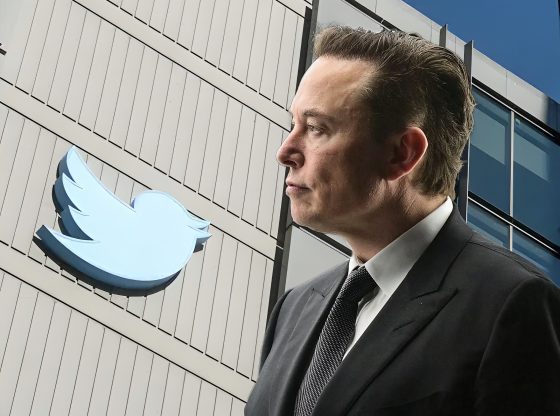
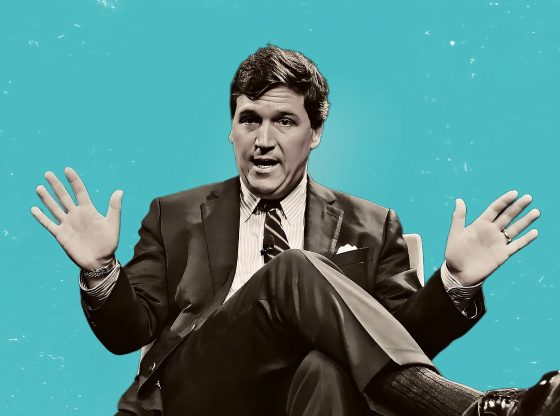
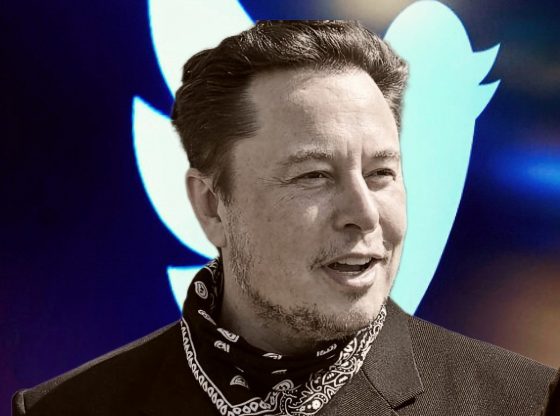
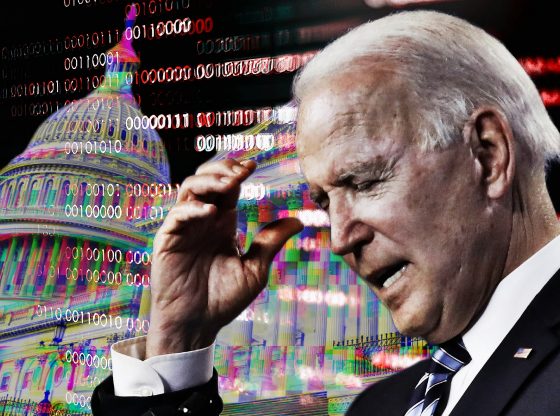
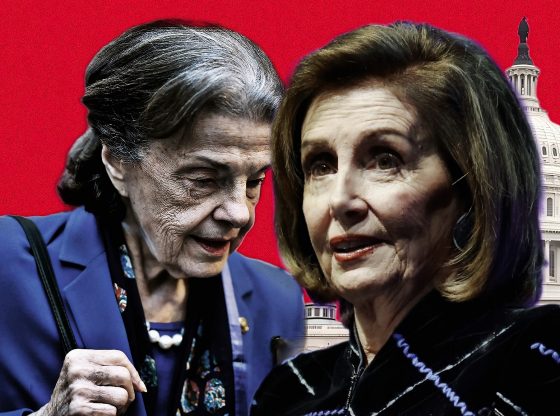
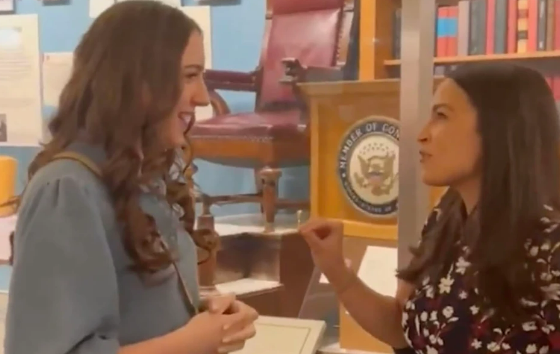
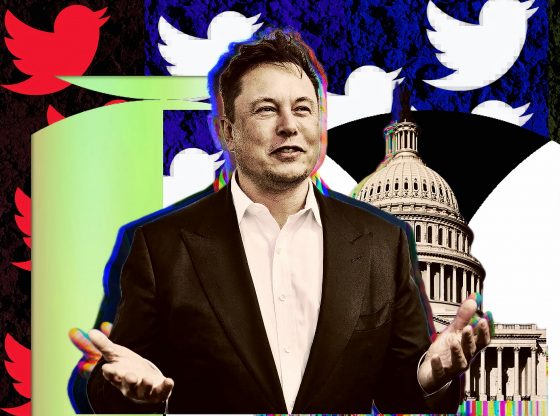




So, who will be held accountable for these actions?
Been IN ON IT day 1 since 2015
Same for Facebook, Linked, YouTube etc A-Z
We have evidence that other and just as large “media” operations shadow bans just as much. If not more. Granted that the procedure is not new but the scope and precision is state of the art.
Since Hussein Obama and his companion emerged from under the “L” train tracks in Chicago, Indonesia and Kenya, the protocols have grown to include wholesale fraud levels.
Can you be more specific about the content of your article? After reading it, I still have some doubts. Hope you can help me.
The point of view of your article has taught me a lot, and I already know how to improve the paper on gate.oi, thank you. https://www.gate.io/pt-br/signup/XwNAU